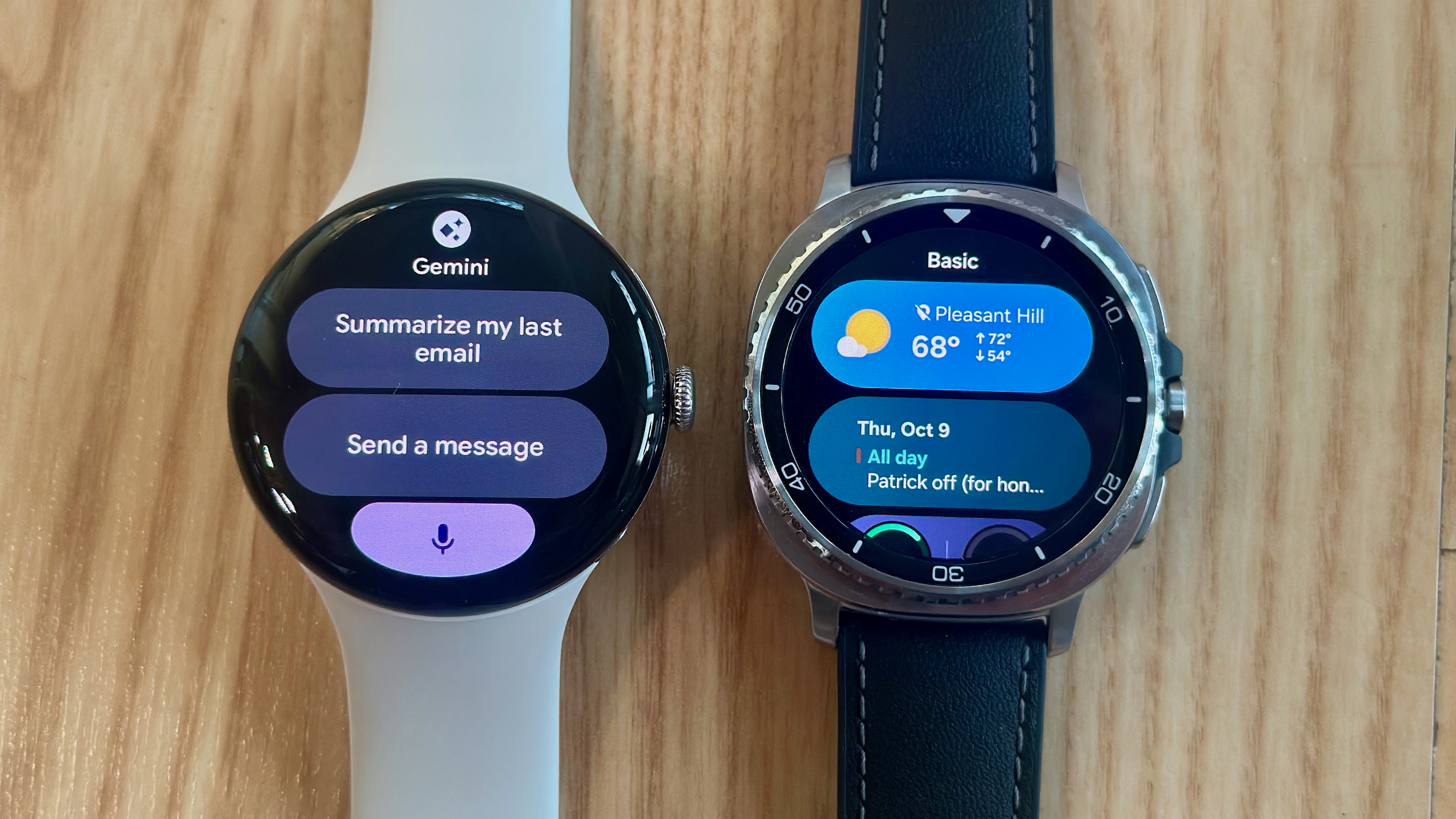Google and Qualcomm finally realize what AI is for
Companies may have finally realized AI's final form, with Qualcomm and Google at the forefront.
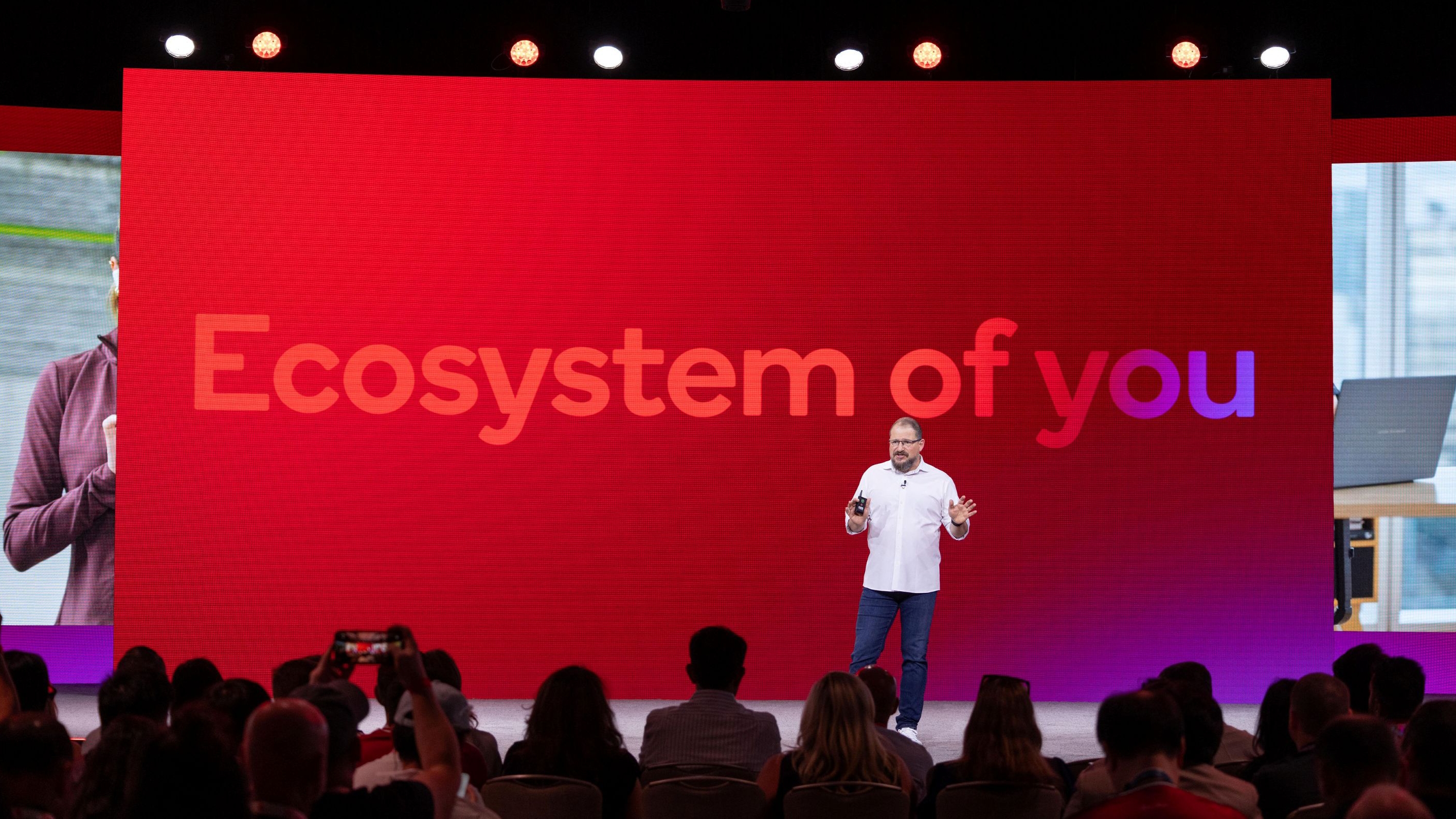
Enjoy our content? Make sure to set Android Central as a preferred source in Google Search, and find out why you should so that you can stay up-to-date on the latest news, reviews, features, and more.
Qualcomm just launched its new Snapdragon 8 Elite Gen 5, promising to elevate AI capabilities on smartphones. With a focus on ambient AI and personalization, Qualcomm aims to enable more proactive AI that operates in the background and only surfaces when needed.
This is not unlike what we've started to see from Google, with features that redefine what AI can do for us, and we'll probably see more of that as new Snapdragon flagship phones reach consumers.
With chipmakers and OEMs shifting their focus to agentic and ambient AI, it appears that companies are finally coming around to understanding how AI can truly benefit consumers.
Finding its purpose
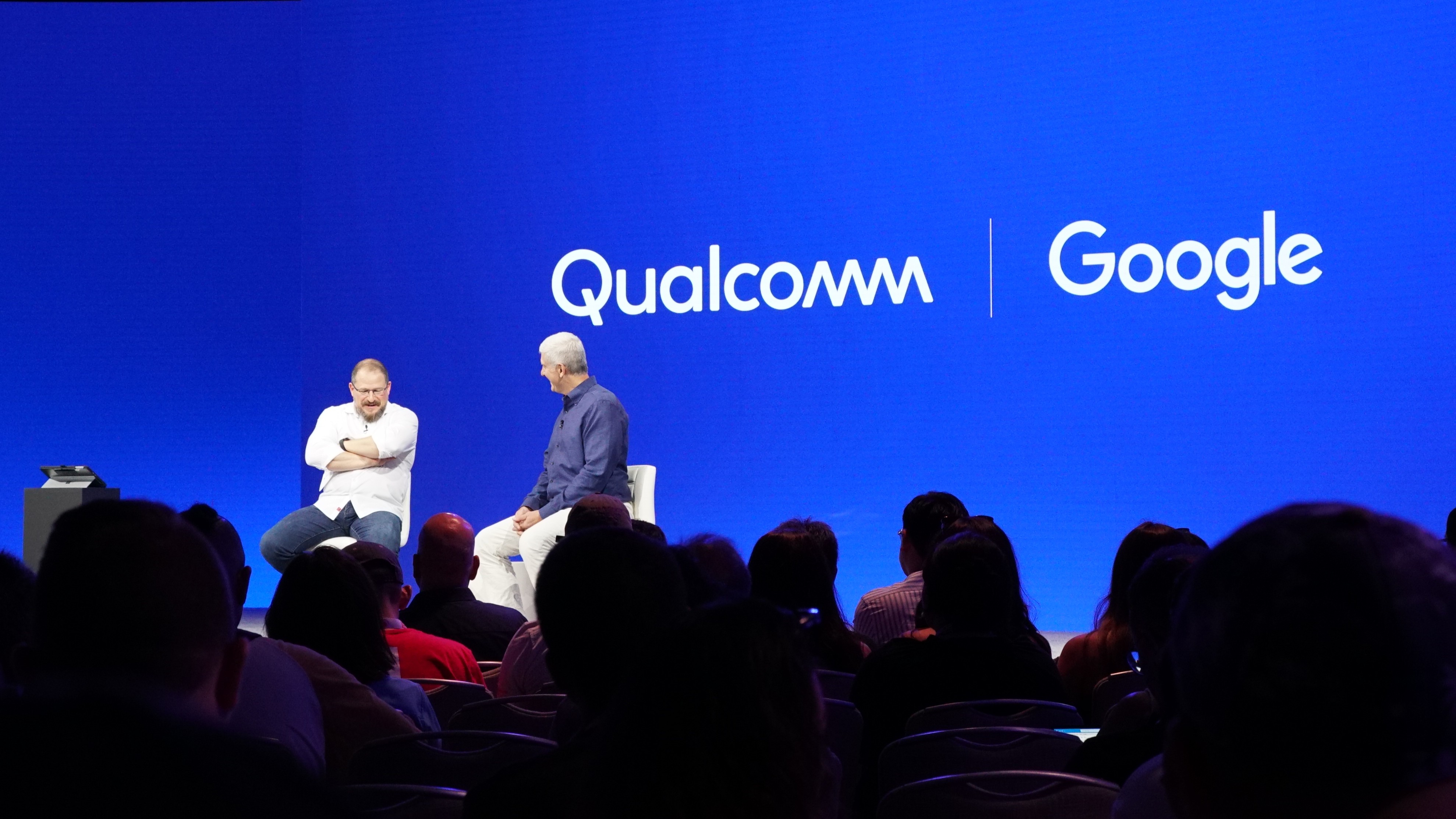
During Qualcomm's keynote, Rick Osterloh, Google's SVP of Platforms and Devices, recounted that Google declared itself an AI-first company in 2015, well before the term was widely understood.
Years later, generative AI and chatbots emerged, sparking considerable skepticism about the role of AI and its potential impact on jobs and daily life. To some extent, that concern remains for many people.
According to Anshel Sag, principal analyst at Moor Insights & Strategy, consumers haven't yet fully warmed up to AI.
"I think consumers are still pretty weary of AI, but the people who find value in it are believers," Sag tells me. "I also think that AI is a black box for a lot of people, and they really don't understand how it works at all."
Get the latest news from Android Central, your trusted companion in the world of Android
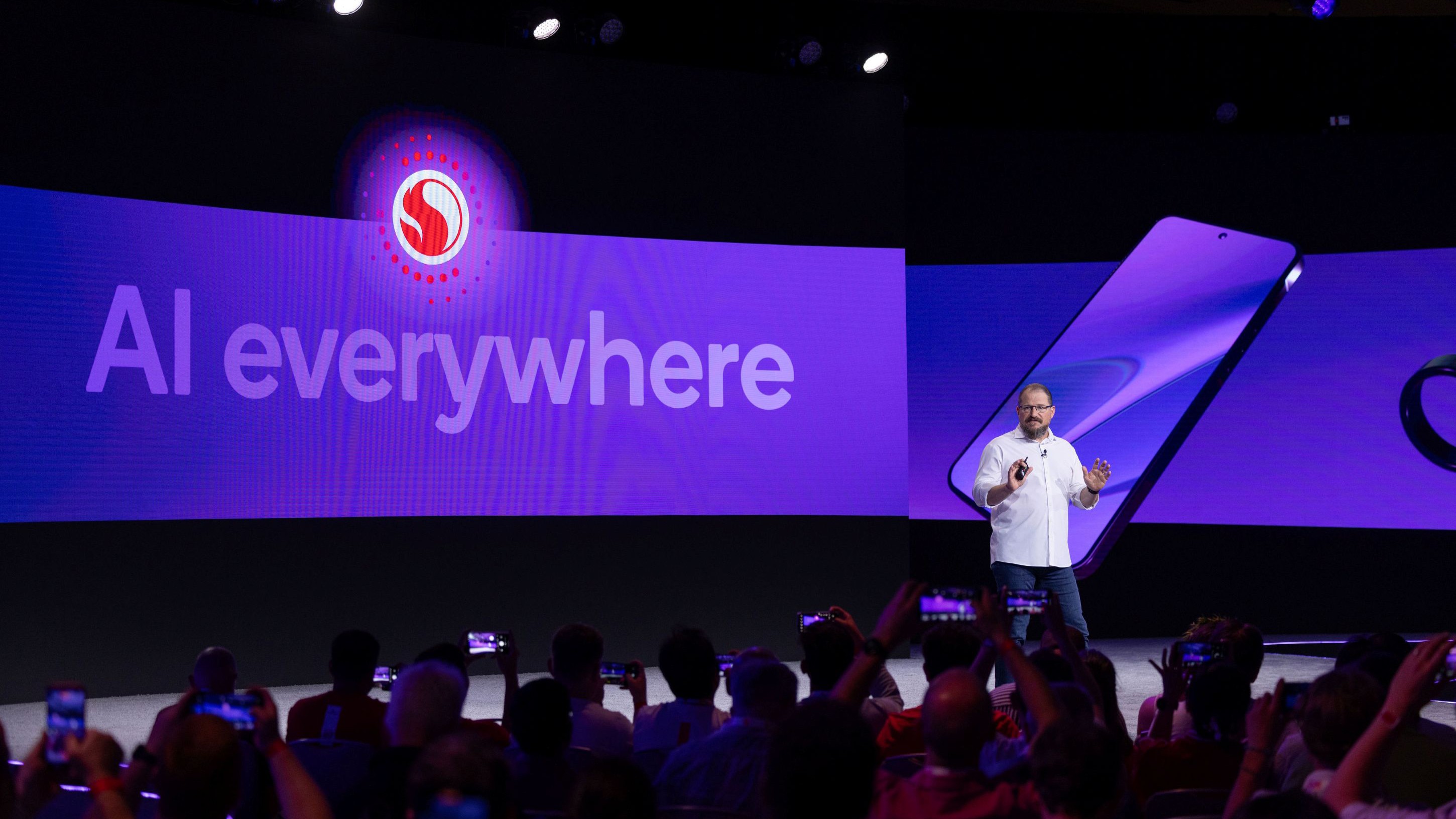
However, things are starting to shift as companies continue to explore AI, but in a way that's beginning to feel more cohesive and focused. Thanks to devices like the Pixel 10, we've started to see how companies are transforming AI into something more useful for the average consumer, and the Snapdragon 8 Elite Gen 5 feels like a natural expansion of this, as highlighted by Osterloh.
"Well, now I think we're seeing what [being an AI-first company] means," he told Qualcomm CEO Cristiano Amon during the keynote. "The whole goal is to help the user get what they want to get done, done more easily and more quickly. I think this is what this promises, and it’s so exciting right now because I think we’re starting to see the early stages of what can happen with it."
AI when you need it

Last year, Alphabet CEO Sundar Pichai noted how AI innovation in 2025 would slow down compared to the previous couple of years, saying that progress "is going to get harder," and that "the low-hanging fruit is gone." However, if you read between the lines, he also seems to suggest that AI will finally begin to settle and establish itself.
That's what it feels like with new ambient and agentic AI features coming to the Snapdragon 8 Elite Gen 5. Features like Sensing Hub and Personal Scribe can learn more about a user to provide personalized recommendations or surface contextual prompts based on their actions.

We've seen this already with Magic Cue on the Pixel 10 series. The phone will surface phone numbers, addresses, flight details, or event information based on what you're doing in that moment. The experience feels somewhat limited right now, but when it works, it feels almost like magic.
There's plenty of potential with this feature, which is still relatively new, but during his keynote, Amon pledged to "bring AI everywhere" and seemed excited about the future and where Snapdragon can take these new experiences.
"The UI now understands your intention, and you're going to have options. You're going to continue to use the apps you want to use, but the apps are going to evolve. They will anticipate your needs. They're going to be able to do things for you, and that's what an agentic experience is going to be."
The ecosystem
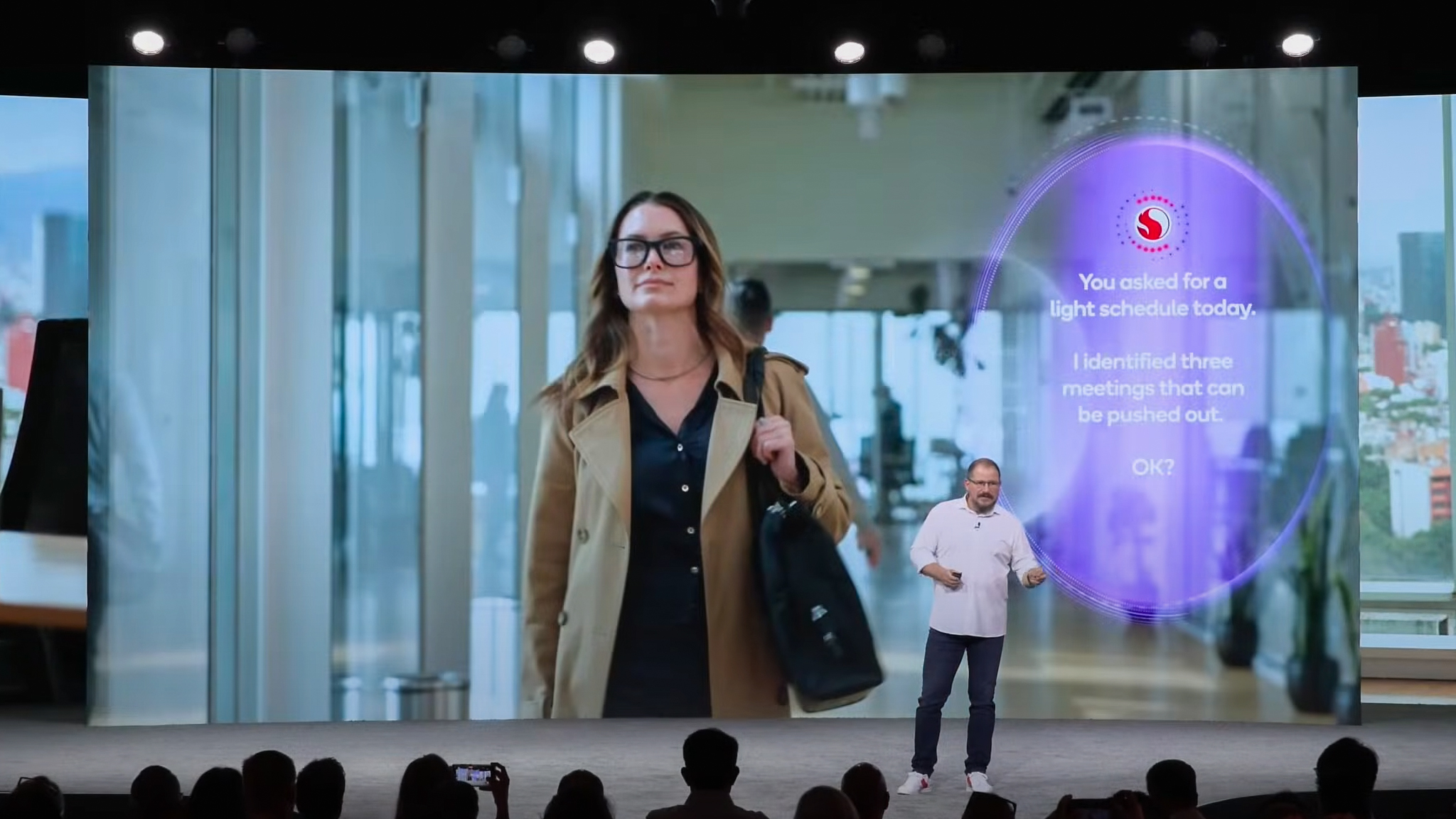
Companies are realizing that all their devices can play a role in enabling more proactive AI, and we're starting to see how different form factors can contribute to how AI understands your world and interactions.
This means that your Android phone, smart glasses, and even a smartwatch could all feed data to the AI agent about what's happening around you, allowing it to make suggestions based on your schedule and its knowledge of you.
"At the center of the whole experience is the AI agent, and that changes how we think about all the devices that we have," Amon noted. "They're no longer just doing the job of extending the functionality of the phone, but they are actually now engaging directly with the agent."

He also highlights how horizontal platforms are better than vertical because "you're going to choose what glasses you want, what jewelry you want, what watch you want..." Although, while I love the idea of consumers having a choice, I remain skeptical about how disparate AI ecosystems can affect this vision.
Sag thinks it's still a very unclear landscape, between bigger players wanting to develop their own ecosystems and smaller, more flexible companies. "I think we will likely have a bit of both since the highly integrated platforms will likely have a smoother user experience and higher accuracy based on housing more of the users' data."
AI's final form?
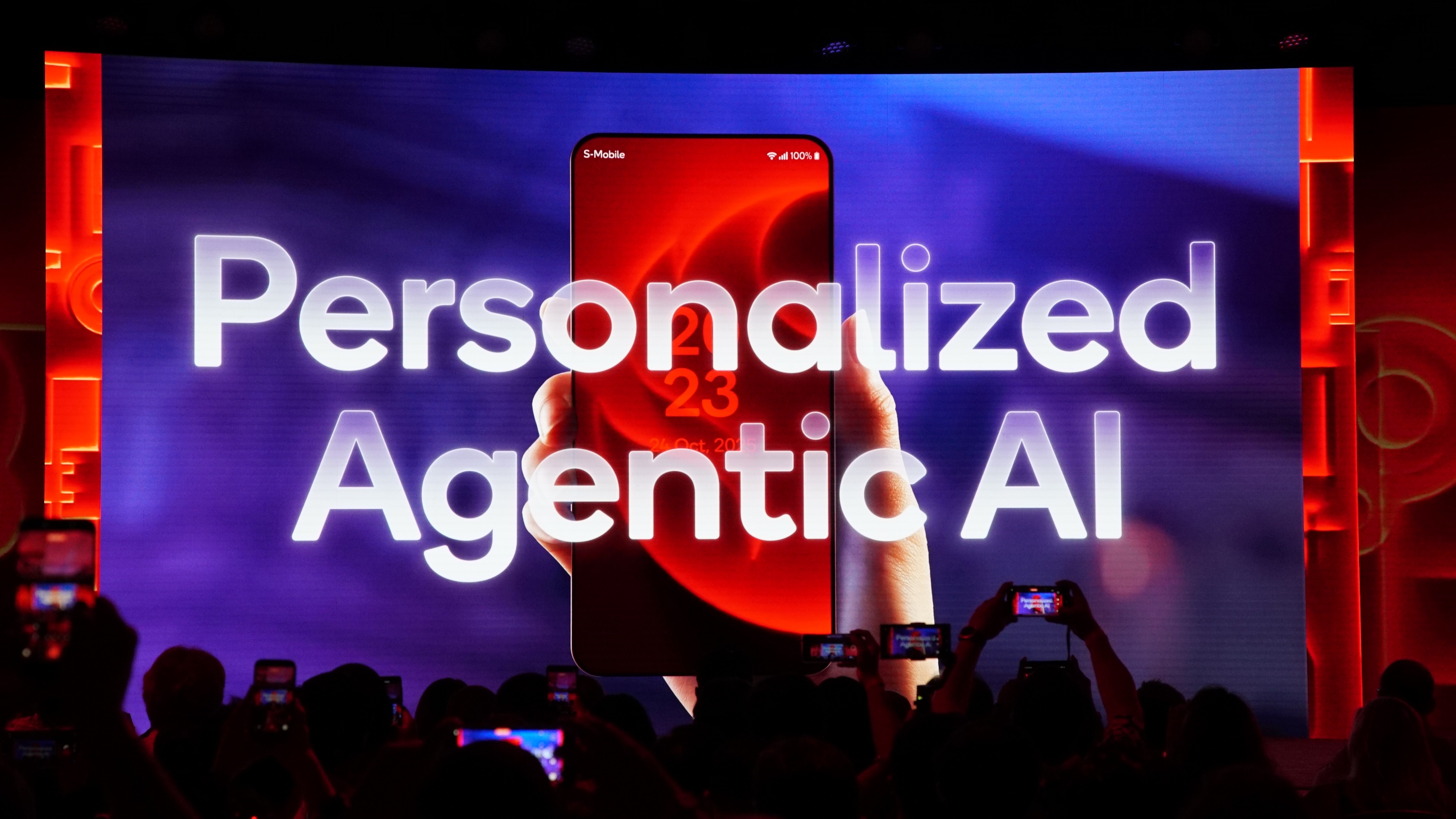
Ultimately, I'm excited about where companies like Google and Qualcomm are heading with AI. If you look at Pixel 10 ads, they focus less on the phone and more on what the AI can do for you, with features like Gemini Live. I believe this is a smart approach during a time when consumers are still a bit overwhelmed by everything.
And with agentic AI working in the background for you, I think we're finally reaching AI's ultimate form. Sag agrees to an extent, noting that ambient AI has a bigger impact on people's daily lives than on-demand AI.
"I think it's one of the final forms, especially for consumers. It needs to be a value adder that isn't intrusive and complements the way people do things today until it becomes the default way of doing things."
Qualcomm provided travel and lodging to the Snapdragon Summit. However, it did not receive a preview of this article or provide editorial input prior to its publication.

Derrek is the managing editor of Android Central, helping to guide the site's editorial content and direction to reach and resonate with readers, old and new, who are just as passionate about tech as we are. He's been obsessed with mobile technology since he was 12, when he discovered the Nokia N90, and his love of flip phones and new form factors continues to this day. As a fitness enthusiast, he has always been curious about the intersection of tech and fitness. When he's not working, he's probably working out.
You must confirm your public display name before commenting
Please logout and then login again, you will then be prompted to enter your display name.

